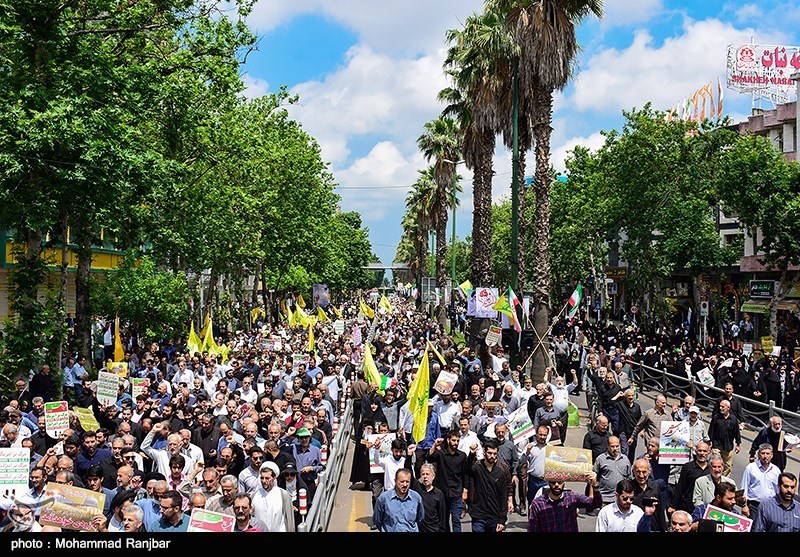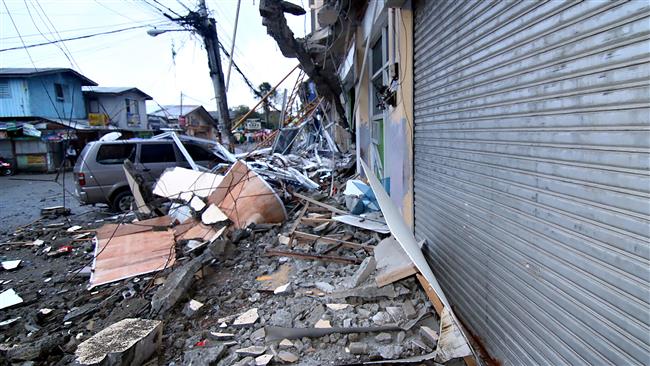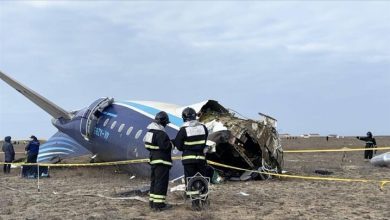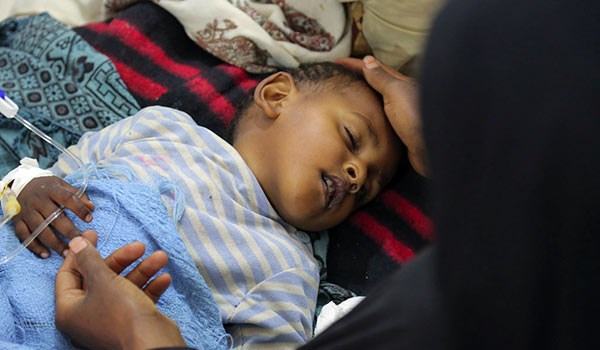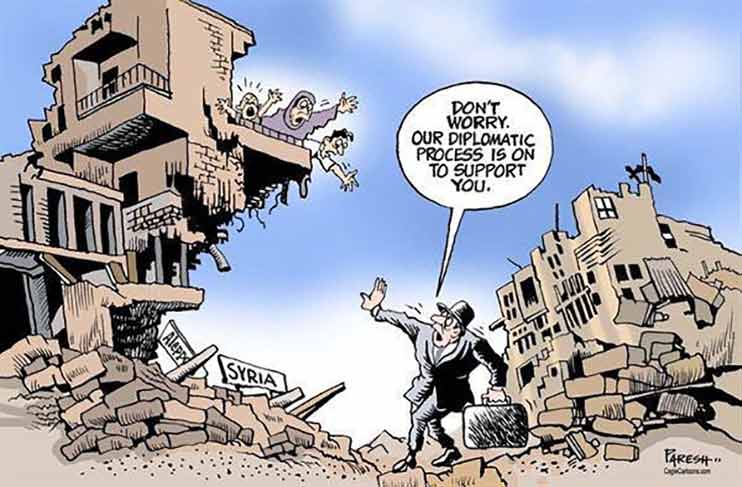Saudi Arabia resorting to death penalty to quash opposition: Amnesty
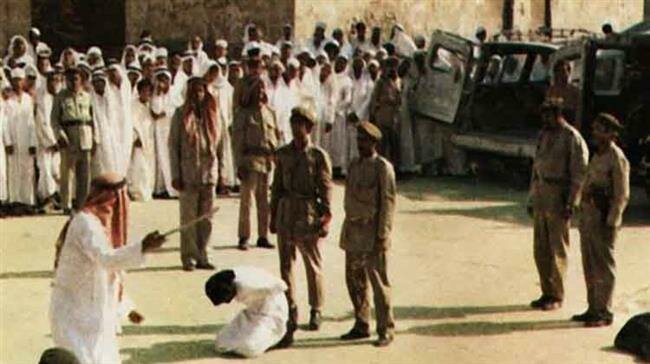

Amnesty International says Saudi Arabia is making use of the death penalty to crush opposition figures, as a crackdown led by Crown Prince Mohammed bin Salman against Muslim preachers, members of the press and intellectuals widens in the conservative oil-rich kingdom.
The London-based rights group said Saudi Arabia’s public prosecutor was seeking the death penalty for more people, noting that prominent preacher Sheikh Salman al- Awdah was one of those targeted for execution.
The Prisoners of Conscience, which is an independent non-governmental organization advocating human rights in Saudi Arabia, also announced in a post on its official Twitter page that Awdah, along with two other clerics, identified as Awad al-Qarni and Ali al-Omari, had been in prison for 19 months with no legal reasons.
Free Salman al-Odah, Awad al-Qarni, and Ali al-Omari
They have been in prison for 19 months with no legal reasons ! pic.twitter.com/WKYUiBcVXf— Prisoners of Conscie (@m3takl_en) April 11, 2019
It further noted that Saudi women’s rights activist Khadijah al-Harbi, who is in her last stage of pregnancy, was arrested in Saudi Arabia last week, as the Riyadh regime was selling to the West the lie that it is “empowering women.”
Saudi Arabia faces international criticism over the ongoing trial of eleven female activists advocating women’s rights, some of whom reportedly faced torture and sexual abuse during nearly a year in detention on trumped-up charges related to their activities and contacts with foreign journalists and diplomats.
The activists were detained in a sweeping crackdown weeks before Saudi Arabia overturned the world’s only ban on female motorists on June 24, 2018. The women had staunchly advocated for the right to drive.
Saudi Arabia has stepped up politically-motivated arrests, prosecution and conviction of peaceful dissident writers and human rights campaigners.
Saudi officials have also intensified crackdown in the country’s Shia-populated Eastern Province.
Eastern Province has been the scene of peaceful demonstrations since February 2011. Protesters have been demanding reforms, freedom of expression, the release of political prisoners, and an end to economic and religious discrimination against the oil-rich region.
The protests have been met with a heavy-handed crackdown by the regime, with regime forces increasing security measures across the province.
Over the past years, Riyadh has also redefined its anti-terrorism laws to target activism.
In January 2016, Saudi authorities executed Shia cleric Sheikh Nimr Baqir al-Nimr, who was an outspoken critic of the Riyadh regime. Nimr had been arrested in Qatif, Eastern Province, in 2012.


